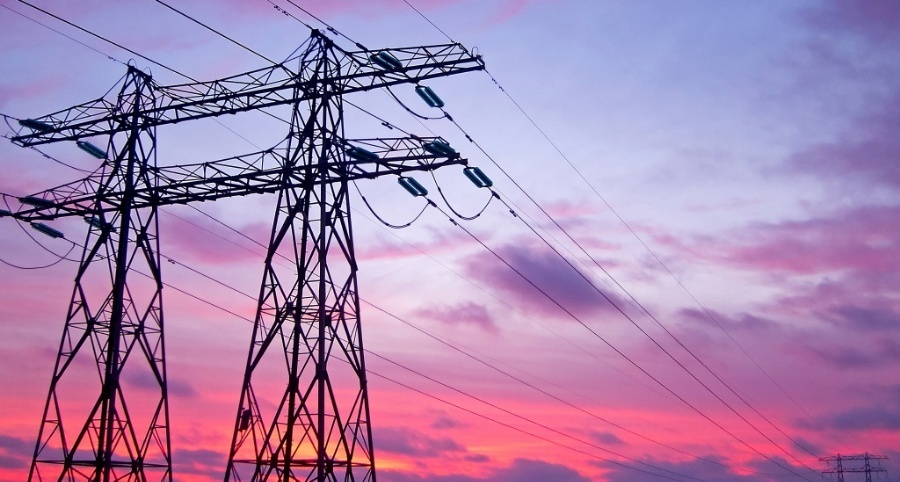
Two months after the Supreme Court voted to stay enforcement of the Clean Power Plan (CPP), utilities across the country are preparing for compliance undeterred, spurred on by the inevitability of a lower-carbon, advanced energy future. In fact, many utilities are moving in that direction already. And for the rest, given that their investment decisions are made on a time horizon much longer than the Supreme Court’s stay, ignoring the CPP would be neither prudent nor practical. Judging by their public statements, utilities are baking the CPP into their future plans.
“Utilities don’t have the luxury of waiting on the federal courts for absolute certainty,” said David Mengebier, Senior Vice President of Governmental & Public Affairs at Consumers Energy in Michigan. He further argued that by shutting down aging coal plants, Consumers Energy “will reduce electric bills by $38 million in mid-April to reflect the removal of operating costs for these seven units” without causing job losses.
Also in Michigan, DTE Energy Chairman and CEO Gerry Anderson said the utility would “stay focused on what is important to our customers — providing, affordable, reliable and clean energy,” despite Gov. Snyder’s decision to stop planning for the CPP. “Between DTE's aging coal plants - some upwards of 60 years old — and the continuing costs of meeting a variety of new EPA regulations, many of these plants will need to be retired within the next few years and that process will continue in the decade ahead,” said Anderson. “We need to move forward with the retirement of these plants and replace these facilities with cleaner natural gas and renewable generation.”
Scott Weaver, manager of strategic policy analysis at AEP echoed the same sentiment, saying, “We think there’s going to be some legal issues, but we’re still moving ahead to figure out the best way to comply,“ explaining, “Carbon regulation is not going away.”
Duke Energy’s CEO Lynn Good confirmed that Duke would move forward with its plan to increase reliance on natural gas and renewables, saying (sub. required), "As I look at this five-year plan, whether there's a stay on the Clean Power Plan or not, we believe the plan that we're on is one that makes sense for our customers and our communities and our states."
Continuing to move towards compliance is made even easier by the fact that the CPP is consistent with trends that are already locked in. Arizona Public Service, in its preliminary 2017 integrated resource plan, indicated that, despite the fact that its future projection “was not designed with compliance to the CPP in mind, APS anticipates that it will be in a position to meet its compliance requirements should the CPP be upheld.”
Numerous other utilities have indicated that the stay does not change their plans, particularly in the near term, and some have announced that they will continue working with states to prepare for the CPP. Quin Shea, vice president for environment at the Edison Electric Institute, a trade group representing investor-owned utilities, summed up the bottom line for utilities, saying that the stay decision “doesn't really change anything.”
Investor-owned utilities are not the only ones moving forward while states debate the politics of the rule — even smaller municipal utilities are forging ahead with their plans. Joe Nipper, senior vice president of the American Public Power Association, a trade association for community-owned electric utilities, explained (sub. required), “Even if a state isn't doing anything, our members are continuing to assess what options could be if the plan is upheld."
Utility commissioners are similarly aware of the need to prepare for compliance, even with the rule on hold. Ohio Public Utilities Commissioner Asim Haque laid out the situation, saying, “I am a lawyer, and I know that until a regulation has been fully struck [down], you’ve got to really continue to look at what your potential compliance would look like… There is certainly momentum for cleaner energy, so whether it’s the CPP or something else, you have to believe that the concept of CO2 emission reductions will come up in another context.” Stan Wise, chairman of the Georgia Public Utility Commission, made a similar statement, saying, “with or without the Clean Power Plan, we’re seeing a transition to go away from coal in a strong coal state.”
Of course, some utilities have taken a more pessimistic tack, even as they move towards compliance. For example, Dayton Power & Light has already proposed a rate case to account for potential cost increases under future market conditions. DP&L president and chief executive Tom Raga explained the proposal, saying, “Those (regulations) could potentially — because they’re not final yet — they could potentially add significant costs to all carbon generation.”
Travis Kavulla, a Montana utility regulator and president of the National Association of Regulatory Utility Commissioners, pointed out that the uncertainty of the stay is the real problem. In a utility integrated resource planning process, with the stay in effect, Kavulla said, “you incorporate risk uncertainty into the model rather than a determined direction of where you're going based on a law that's actually in effect.” For vertically integrated utilities, uncertainty can prevent capital investments that will be needed for compliance.
While the stay has introduced some uncertainty into the planning equation, the path to compliance is clear, and utilities are already well on their way down it.
Last year we released a report demonstrating that renewable energy and energy efficiency are competitive resources in today’s marketplace that will not only be cost-effective mechanisms for Clean Power Plan compliance, but should also be expected to grow strictly on the basis of competitiveness. Click below to download the report.
